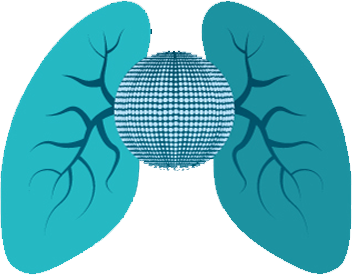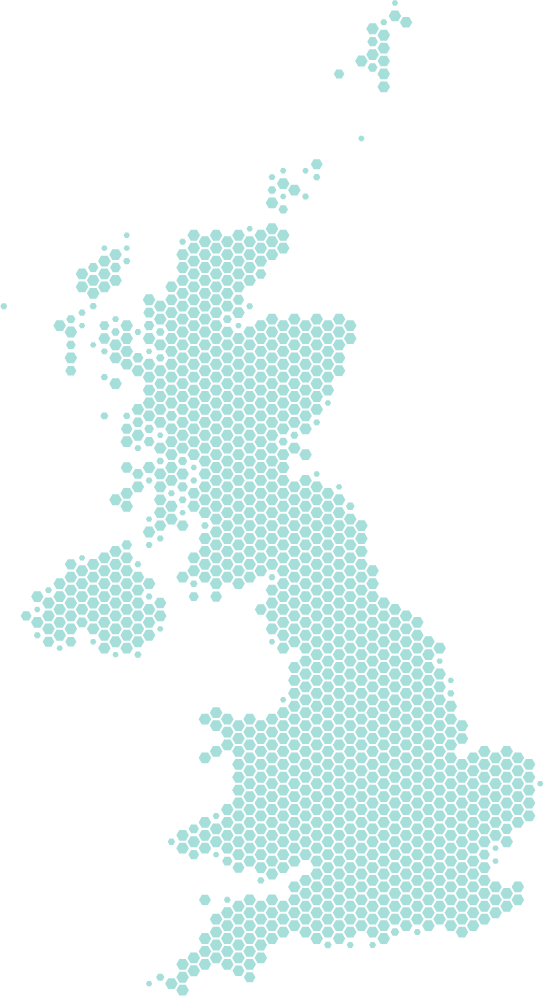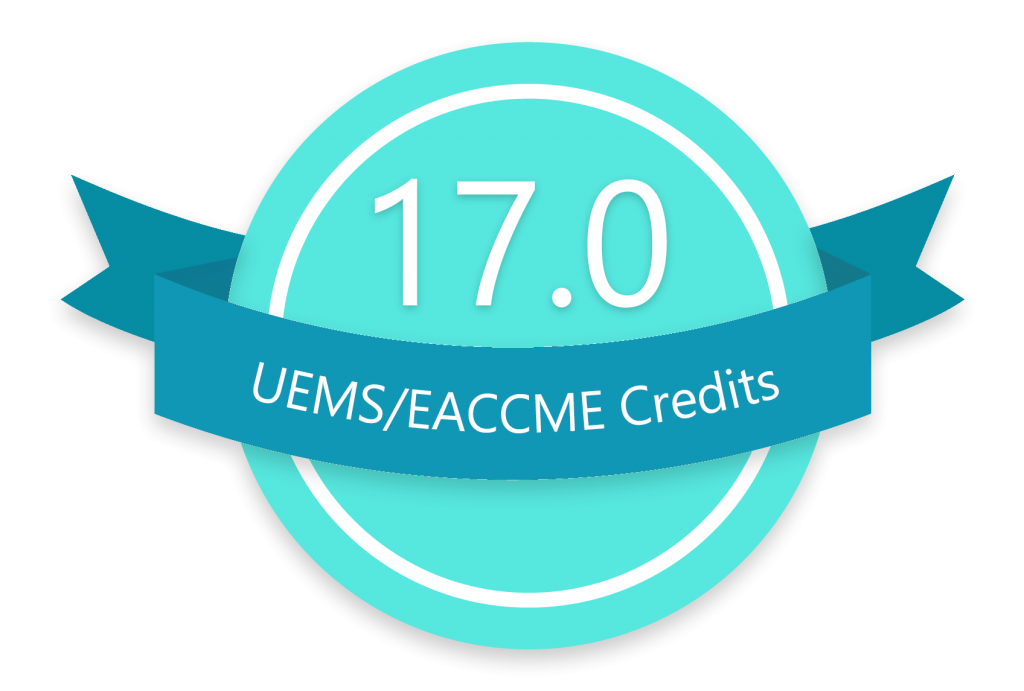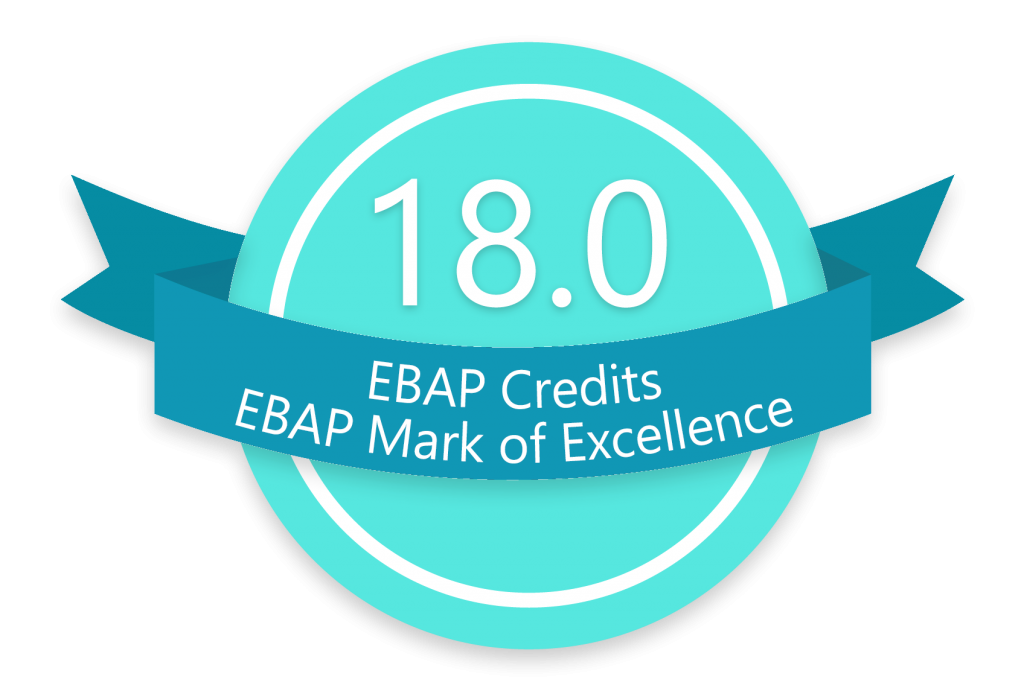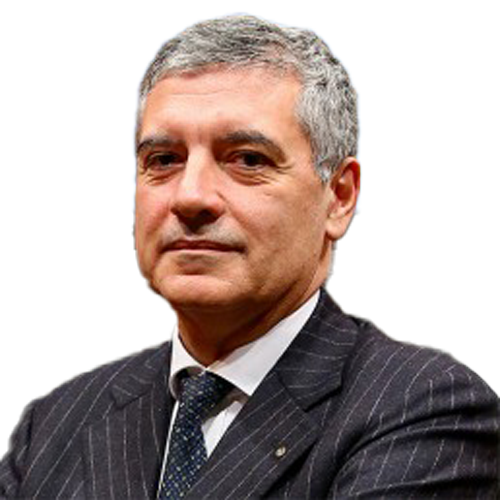Welcome
7th wbc
Welcome to the
7th World Bronchiectasis Conference
Dear Colleagues & Friends,
It’s a great pleasure – as Chairperson of the 7th World Bronchiectasis Conference 2024 - to invite you to join and contribute to the World Bronchiectasis Community meeting planned in Dundee from 4 to 6 July 2024.

James D. Chalmers
Chairman of the 7th WBC

